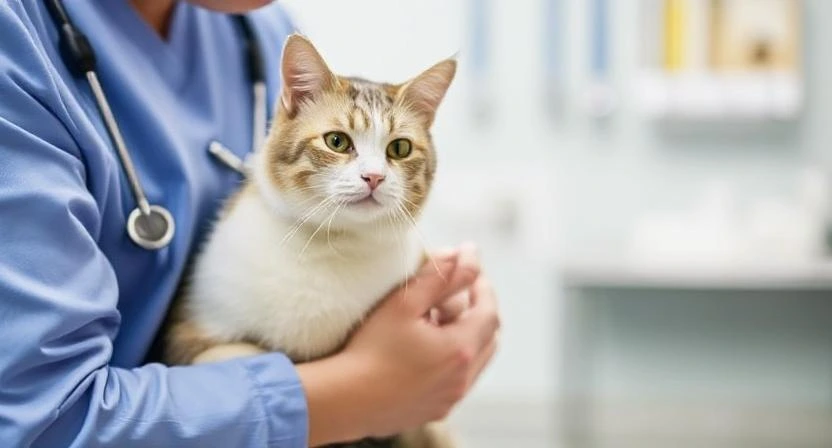The Ultimate Guide to Routine Vet Visits for Cats: What Every Pet Parent Should Know

Keeping your cat healthy goes far beyond playtime and cuddles—it starts with routine veterinary visits. Regular checkups are the cornerstone of preventive care, allowing you to detect health issues early and ensure your feline friend lives a long, happy life. In this guide, we’ll cover how often your cat should see the vet, what to expect at each visit, and how to make the experience stress-free for both of you.
🗓️ How Often Should Cats Go to the Vet?
The frequency of vet visits depends on your cat’s age and health status:
- Kittens (0–12 months): Every 3–4 weeks for vaccines, deworming, and growth monitoring.
- Adult Cats (1–7 years): Once a year for a full physical exam, dental check, and vaccinations.
- Senior Cats (7+ years): Every 6 months for more in-depth exams and bloodwork to catch age-related conditions early.
Routine visits help prevent small problems from becoming major health issues.
🩺 What Happens During a Routine Vet Visit?
A typical wellness exam usually includes:
- Physical Examination: Checking eyes, ears, teeth, skin, heart, lungs, and joints.
- Weight and Body Condition: Monitoring for obesity or sudden weight loss.
- Vaccinations and Boosters: Protecting against common feline diseases.
- Parasite Control: Checking for fleas, ticks, and intestinal worms.
- Lab Tests: Bloodwork and urine tests (especially for senior cats).
- Behavioral and Lifestyle Discussion: Reviewing diet, litter box habits, and activity levels.
These visits are your chance to discuss any concerns or unusual changes you’ve noticed.
💉 The Importance of Vaccinations and Preventive Care
Vaccines play a vital role in preventing serious diseases like:
- Feline panleukopenia (distemper)
- Feline calicivirus and herpesvirus
- Rabies (often required by law)
- Feline leukemia (recommended for outdoor cats)
Alongside vaccines, your vet will likely recommend: - Flea, tick, and heartworm preventives
- Dental cleanings and oral care routines
- Regular deworming treatments
🧘 Tips for Stress-Free Vet Visits
Cats can be sensitive to new environments, but a few steps can make vet visits less stressful:
- Get them used to their carrier with treats and positive reinforcement.
- Keep car rides calm by covering the carrier and driving gently.
- Use calming sprays or pheromones if your cat gets anxious.
- Schedule quiet times at the clinic to avoid busy waiting rooms.
A relaxed cat makes the appointment easier for everyone.
🐱 Why Routine Vet Visits Are Worth It
Even if your cat seems perfectly healthy, regular checkups are essential. Cats are experts at hiding pain and illness, and early detection can save their life—and save you from costly treatments later. Routine vet visits are an investment in your cat’s health and happiness. With consistent care, your furry companion can enjoy many healthy, purr-filled years by your side.
🌟 Final Thoughts
Routine vet visits aren’t just an obligation—they’re an act of love. By staying on top of preventive care, vaccinations, and wellness exams, you give your cat the best chance at a long and vibrant life. Make that appointment today—your cat will thank you with endless purrs. 🐾
